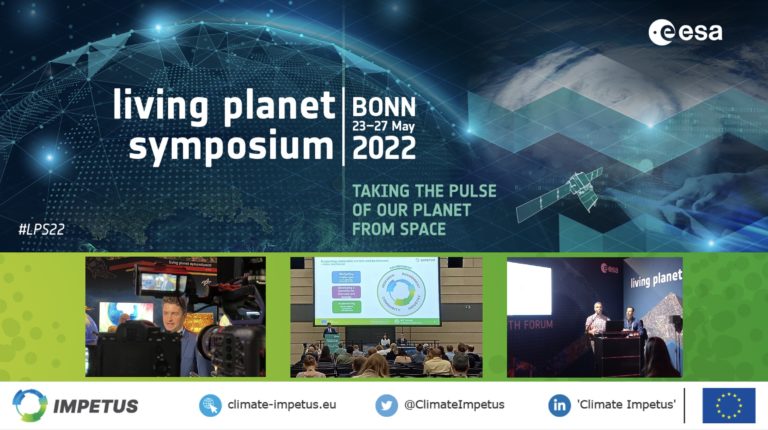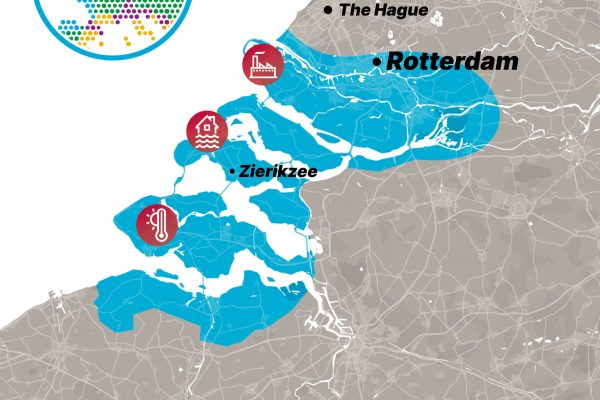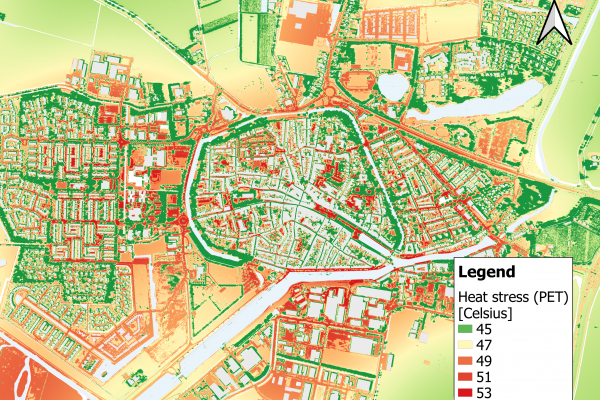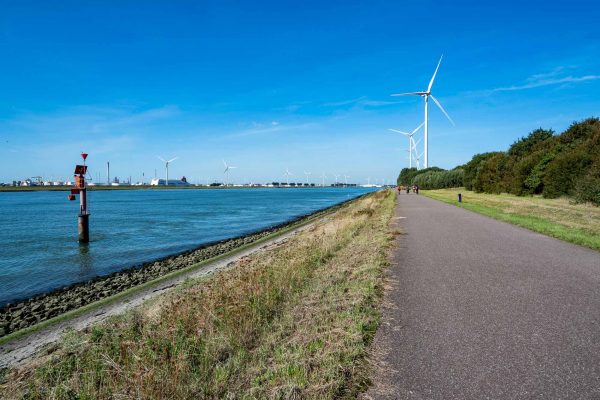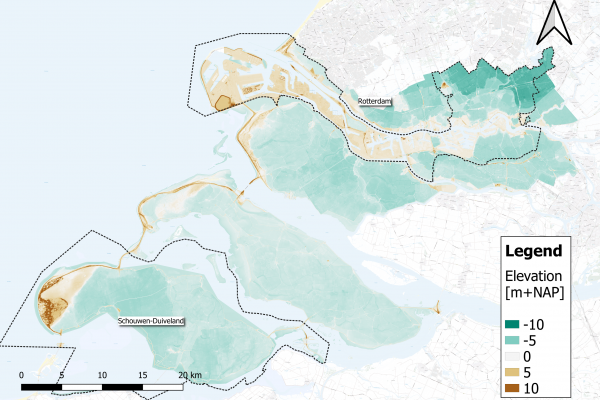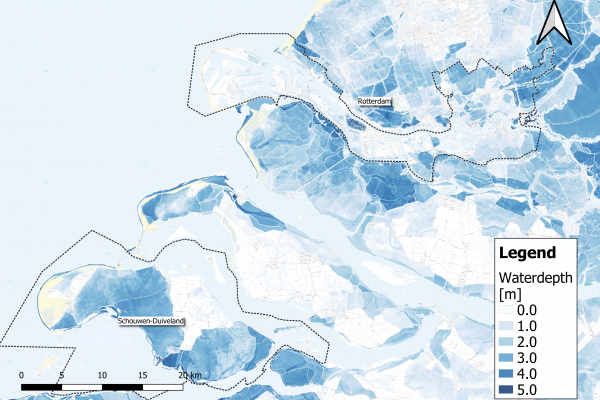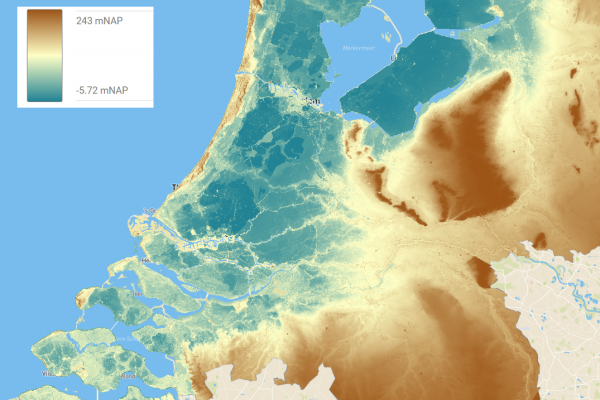IMPETUS highlights satellite data importance for climate adaptation – ESA Living Planet Symposium
Remote sensing data from Earth observation satellites is central to the urgent task of tackling climate change and related work in the EU-funded IMPETUS project. IMPETUS is combining satellite data … Read more
